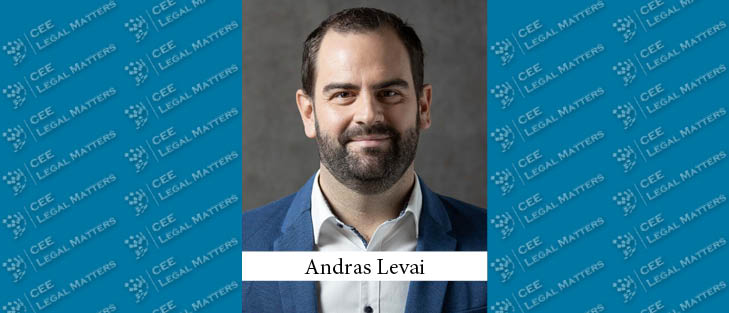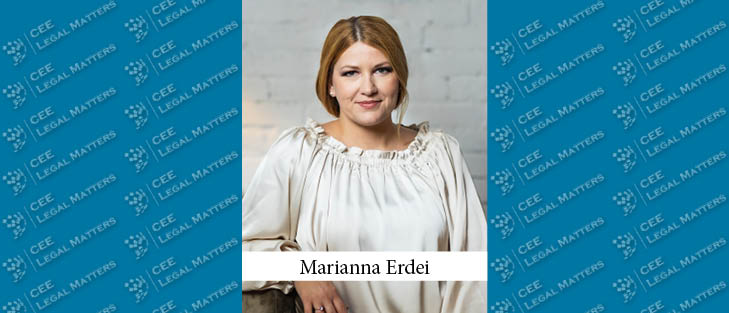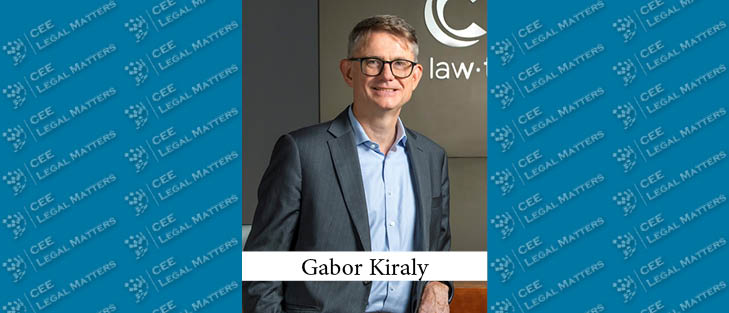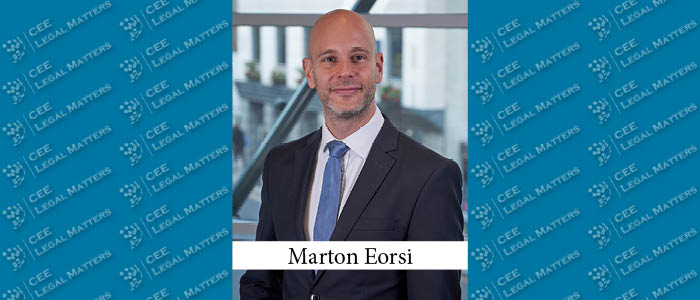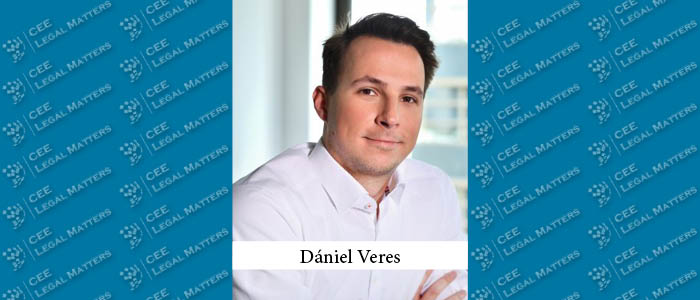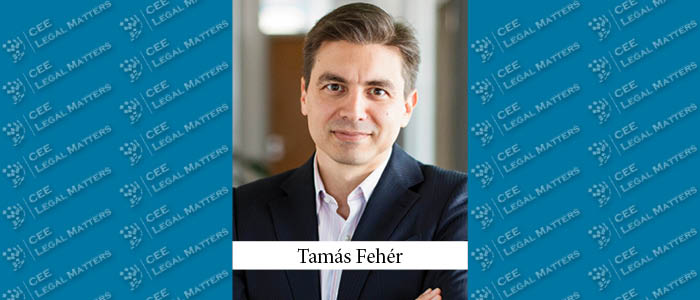Shortly after the early years of my career, I moved from the attorneys’ world (more precisely, clerks’) into the world of corporate lawyers. The difference between the two became apparent early on. At least for me, the big difference was that, while working as an attorney, I was in contact with the client only in bursts. As an in-house legal counsel, there is essentially a continuous relationship between lawyers and business colleagues. This continuous relationship results in a kind of interdependence – working together both in good and bad times, celebrating joint successes but also facing challenges together.
Implementing Whistleblowing in an International Sports Federation: an Interview with Marianna Erdei of Teqball
“Plan twice to implement once” is Teqball Group Legal Director Marianna Erdei’s approach to implementing new whistleblowing regulations in a manner that is not compliant only with Hungarian law but takes into account the local needs of other jurisdictions.
New Decrees Supplementing the Hungarian ESG Act Entered into Force
In the Hungarian Gazette of 15 August 2024, two new SZTFH (Authority for Regulated Activities) decrees were published, which supplement and further detail the provisions of the Hungarian ESG Act. The first decree on the register of ESG reports, software and qualifiers entered into force on 18 August, while the provisions on the registration of ESG reports and qualifiers enter into force on 16 September.
Modernising Arbitration: HCCI’s Rule Reforms for Global Competitiveness
The amended Rules of Proceedings (hereinafter referred to as the “Rules of Proceedings”) of the Permanent Court of Arbitration attached to the Hungarian Chamber of Commerce and Industry (hereinafter referred to as the “Arbitration Court”) came into force on 15 September 2024. The amended rules are to be applied in arbitration proceedings initiated on or after the date of its entry into force.
Forgo, Damjanovic & Partners Advises on Sale of FoxPost to CVC and EMMA Capital
Forgo, Damjanovic & Partners has advised Wallis Asset Management and Trueway/Finext on the sale of FoxPost to CVC and EMMA Capital. CMS reportedly advised the buyers.
Gabor Kiraly Rejoins CMS as Of Counsel
After spending the last five months as a sole practitioner, former Dentons Partner Gabor Kiraly has rejoined CMS as Of Counsel in its banking, finance, and capital markets team.
Unlocking the Future: The Benefits of a Fully Electronic Land Registry in Hungary
Starting from 1 January 2025, Hungary moves to a fully electronic land registry system following many delays and the potential benefits are transformative. The push for this modernization began in the 2010s, spurred by the success of electronic property registration systems across Europe. Countries like Austria and the Czech Republic have been using electronic land registries since 2001, with Slovakia, Romania, Poland, and most recently Bulgaria following suit in 2021. While these countries maintain paper-based options, the shift toward digital processes has proven advantageous.
2024 HU GC Summit Sneak Peek: Interview with Gabor Simon of DLA Piper
With preparations for the 2024 CEE Legal Matters Hungary General Counsel Summit in full swing, DLA Piper Partner and Head of Energy and Procurement in Budapest Gabor Simon shares his thoughts about the upcoming event and what he’s looking forward to the most.
2024 HU GC Summit Sneak Peek: Interview with Marton Eorsi of Addleshaw Goddard
With preparations for the 2024 CEE Legal Matters Hungary General Counsel Summit in full swing, Marton Eorsi, a Corporate Finance Partner at Addleshaw Goddard’s London office, shares his thoughts about the upcoming event and what he's looking forward to the most.
Countdown to the Full Implementation of the Mandatory Deposit Refund System
Manufacturers have less than a month left - until June 30, 2024 - before they must comply with the rules for products subject to the mandatory Deposit Refund System (DRS) when placing them on the market. Compliance with the new regulations will result in a price increase of HUF 50 per product, which consumers will have to bear - unless they return the relevant beverage cans and bottles.
New Decrees on ESG Consultants and Educational Institutions Entered into Force
In the Hungarian Gazette of 8 August 2024, four long-awaited decrees were published, which supplement and detail the provisions of the Hungarian ESG Act.
The Tax Yearbook for 2023: More Encouragement, More Strictness
As in every year, the Hungarian tax administration has published its yearly summary with the most important trends and numbers regarding taxation in Hungary during 2023. In the last year it seemed that, while the tax authority was still increasing its efforts to entice the taxpayers’ voluntary compliance, fines have also soared to unprecedented heights. The statistics also show that it remains worthwhile to take the case to the courts if one finds the National Tax and Customs Administration’s decisions unlawful.
Tax Penalty Amounts Doubled in Hungary
Default penalty amounts generally has been doubled in Hungary as of 1 August 2024. According to the Governmental Decree published in the Hungarian Gazette on 8 July 2024, overwriting the Act on the Rules of Taxation, the increase is due to the Ukrainian war and is theoretically effective by the end of the emergency period.
Hungary and Switzerland Strengthen Economic Ties with Updated Tax Treaty
Hungary's growing economic performance and competitive tax system offer a good business environment for companies from Switzerland, while the presence of Hungarian companies in Switzerland is also growing.
Changes in the Designation of Building Authorities
On 8 August 2024, a new Government decree was published on the designation and operating conditions of the building authorities.
2024 HU GC Summit Sneak Peek: Interview with Peter Virag of Oppenheim
With preparations for the 2024 CEE Legal Matters Hungary General Counsel Summit in full swing, Peter Virag, the Head of Antitrust, Competition, and Trade at Oppenheim, shares his thoughts about the upcoming event and what he's looking forward to as both a moderator and participant.
2024 HU GC Summit Sneak Peek: Interview with Tamas Feher of Jalsovszky
With preparations for the 2024 CEE Legal Matters Hungary General Counsel Summit in full swing, Jaslovszky's' Tamas Feher talks about the upcoming event and the panel he'll be moderating.

